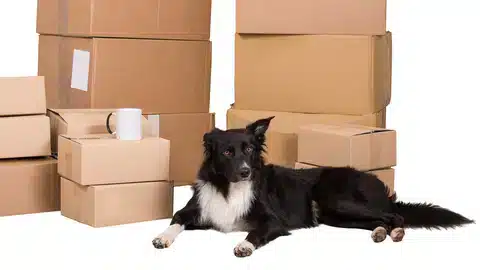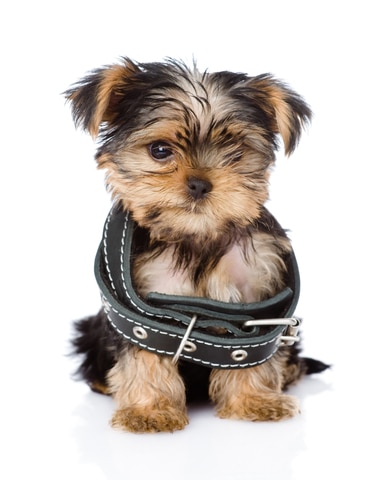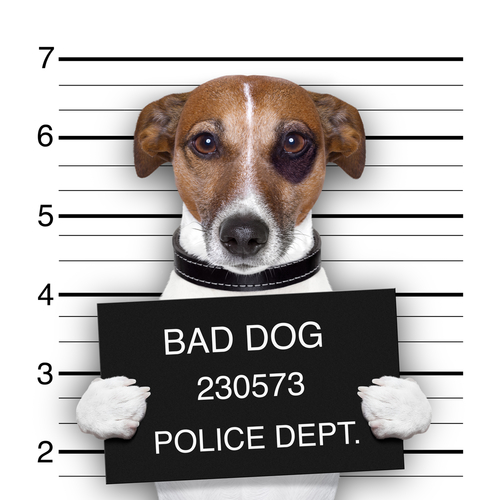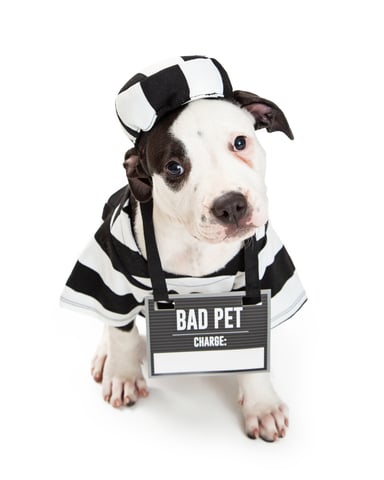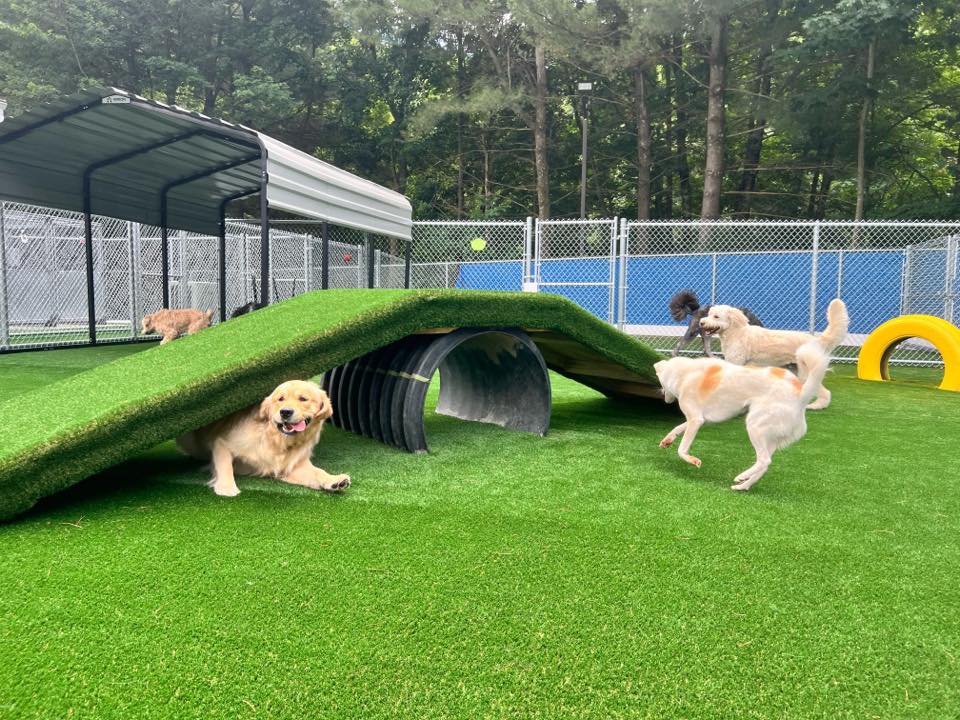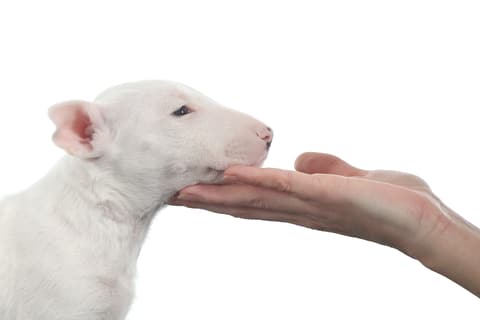What should you do if your dog growls at you?

A friend asked for advice about their adolescent dog that sometimes growls at the kids when they try to play with him. What should they do? Does scolding, threatening, or even punishing him help?
I’ll get to what to do later, but here’s what not to do: Don’t scold or punish a dog for growling. The reason is simple – it makes the problem worse. Here’s an example:
A client called to settle a dispute she was having with her husband. Their 18-month-old Labrador retriever, Jake, sometimes growls when he’s sleeping, and someone pets him. Her husband believes that Jake shouldn’t be allowed to get away with growling. She had noticed, however, that if they punish Jake, his growling gets worse. She said that the angrier her husband gets, the more Jake growls. Her husband worries that Jake might be dangerous and thinks they should get rid of him. The wife and children are heartsick and want to solve the problem so they can keep the dog.
My recommendation is to ignore Jake’s growling. Don’t punish it. Don’t yell, don’t hit, don’t badger – ignore it. I know this is contrary to what this husband and many other dog owners believe: “We can’t let the dog get away with growling at us. If we let him get away with growling, what will be next?”
What a good question. What would be next? Consider why Jake is growling. He is sleeping, and someone in the family decides to pet him. Jake growls to say, “Please leave me alone. I’m sleeping. I don’t like this.” That’s all. So Jake tells the annoying human that he doesn’t like something. Would the right response to yell, “WHO DO YOU THINK YOU ARE, GROWLING AT ME?! HOW DARE YOU!! SHAME, SHAME, SHAME!”?
Jake was just trying to communicate that he didn’t enjoy being awakened, when he was angrily chastised – for what? Without understanding what he’s being yelled at for, it any wonder that Jake growls louder?
The louder growl says, “Holy cow! What’s going on?!? This is scary!” And when Ed gets angrier still, escalating the “lesson” he thought he was teaching, Jake becomes even more self-protective and growls louder to try to get Ed to leave him alone.
So, if yelling at Jake for growling isn’t the right thing to do, what should a dog owner do?
First, examine what your dog is telling you. Most likely the initial growling is to say that he’s afraid, or upset, or doesn’t like something being done to him.
If possible, consider whether it is possible to help the dog. Much kinder to the dog, and the easiest way to avoid growling, is to recognize what causes your dog to growl, and avoid those situations. If what your dog objects to can’t be avoided, desensitization may help. This is a program to change the dog’s view of the activity or object, turning it into a positive experience. Training often helps a dog accept an activity as pleasurable.
Don’t blame the dog for expressing his feelings by growling. It’s one of the ways a dog communicates. Understanding and responding to your dog’s communication is important.
